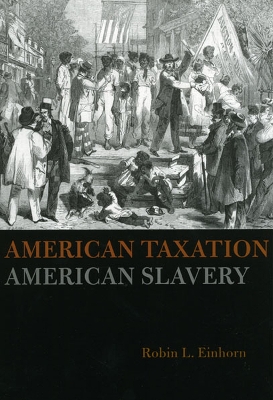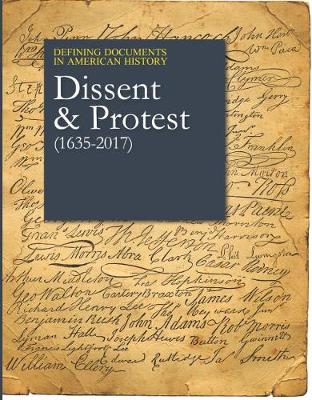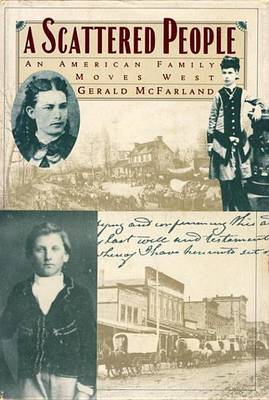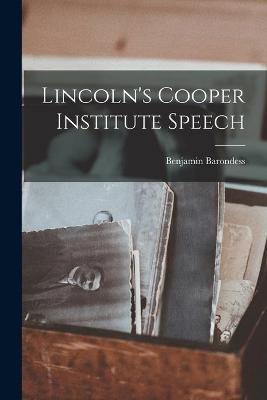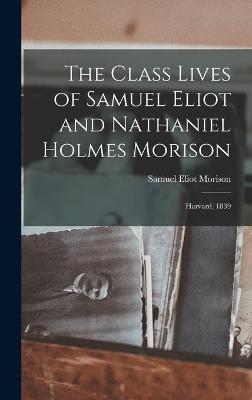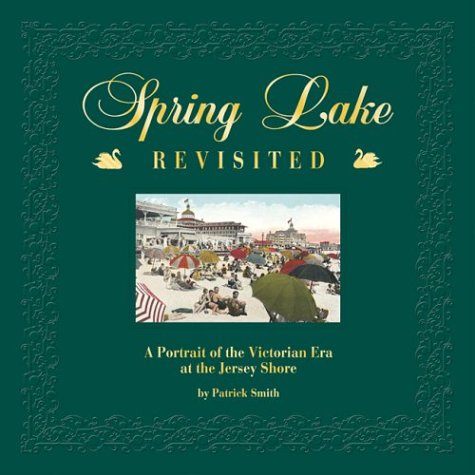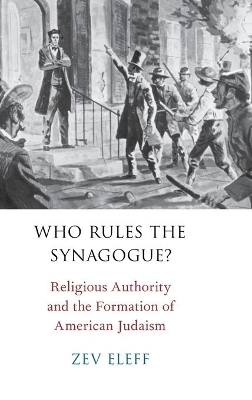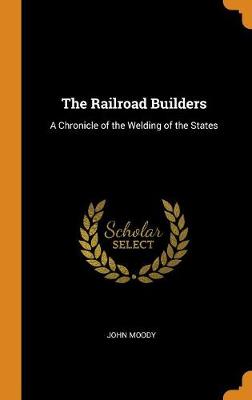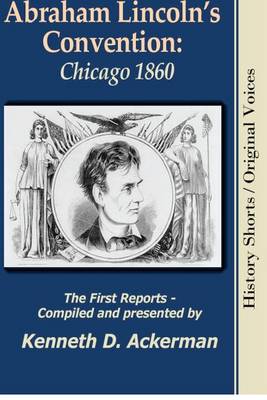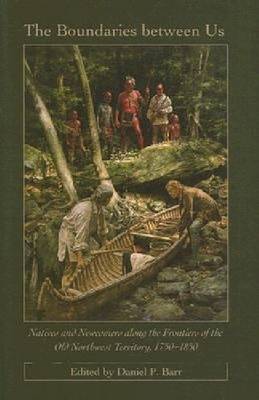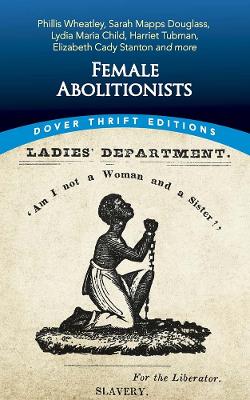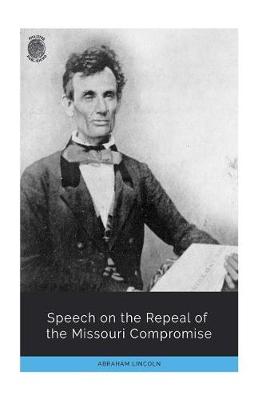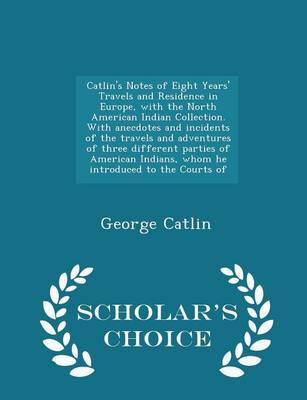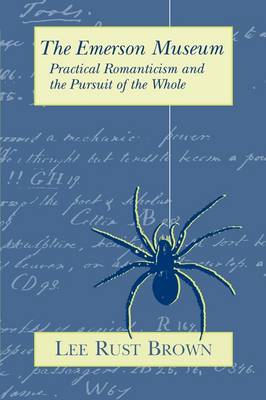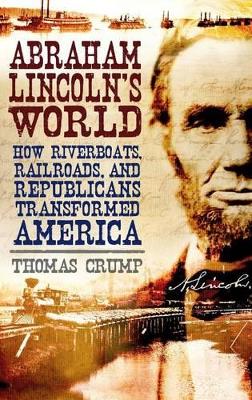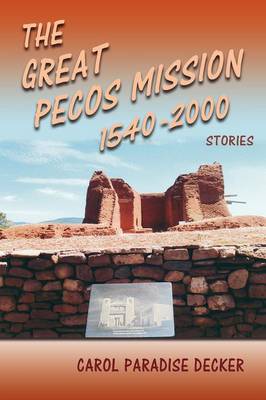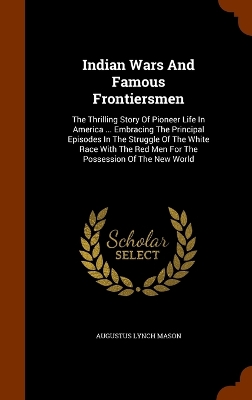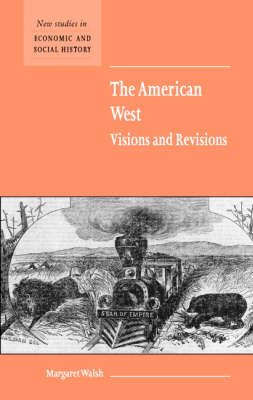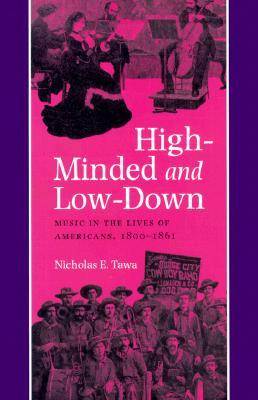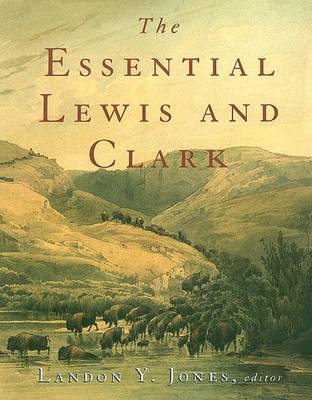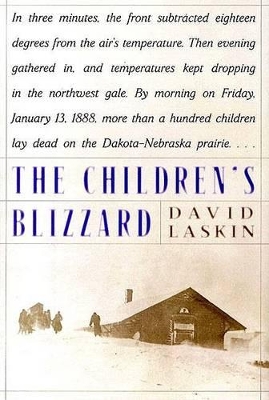In "American Taxation, American Slavery", Robin Einhorn shows the deep, broad, and continuous influence of slavery on America's fear and loathing of taxes. From the earliest colonial times right up to the Civil War, slaveholding elites feared strong and democratic government as a threat to the institution of slavery. Einhorn reveals how the heated battles over taxation, the power to tax, and the distribution of tax burdens were rooted not in debates over personal liberty but rather in the rights...
Dissent & Protest (1637-2016) (Defining Documents in American History)
by Salem Press
Dissent & Protest studies crucial documents from various protests, dissents, revolts, riots, and revolutions throughout American history, from the American Revolution to the Black Lives Matter Movement of today. This text closely studies more than eighty primary source documents to deliver a thorough examination of issues so important to Americans that they took action, exercised their rights and stood up to protest. Defining Documents in American History: Dissent & Protest provides detailed th...
The Class Lives of Samuel Eliot and Nathaniel Holmes Morison
by Samuel Eliot 1887-1976 Morison
Who Rules the Synagogue? explores how American Jewry in the nineteenth century transformed from a lay dominated community to one whose leading religious authorities were rabbis. Previously, scholars have chartered the religious history of American Judaism during this era, but Zev Eleff reinterprets this history through the lens of religious authority. Early in the century, American Jews consciously excluded rabbinic forces from playing a role in their community's development. By the final decade...
Although much has been written about the Old Northwest, "The Boundaries Between Us" fills a void in this historical literature by examining the interaction between Euro-Americans and native peoples, and their struggles to gain control of the region and its vast resources. Comprised of twelve original essays, "The Boundaries Between Us" formulates a comprehensive perspective on the history and significance of the contest for control of the Old Northwest. The essays examine the sociocultural conte...
Catlin's Notes of Eight Years' Travels and Residence in Europe, with the North American Indian Collection. with Anecdotes and Incidents of the Travels and Adventures of Three Different Parties of American Indians, Whom He Introduced to the Courts of - Scho
by George Catlin
In 1832, Ralph Waldo Emerson had come to a critical pass. He had lost his wife and was on the brink of leaving his career as a minister. In this reduced state he traveled to New Hampshire, where he made his famous decision to pursue wholeness--in his life and in his writing. This book reveals how Emerson went about achieving this purpose--and how he conceived a uniquely American literary practice.Central to this project were the aims and methods of natural science, which Emerson discovered in sp...
The Education of Henry Adams (Modern Library) (Modern Library 100 Best Nonfiction Books)
by Henry Adams
Adams was a historian, an intellectual born into the fourth generation of a family of distinguished politicians, diplomats and statesmen that included two presidents of the United States. His "Education" is thus steeped in history, that of his family and of the American politics, culture and identity they helped to shape. At the same time he elaborates his own 'dynamic theory of history' as the product of what he calls the conflict between the Virgin and the Dynamo: 'All the steam in the world c...
Joseph Reddeford Walker looms large in the lore of the early West. From the Missouri to the San Joaquin, from the Gila to the Yellowstone, Walker spent more than thirty years - from the 1830s to the Civil War - trapping beaver in the Rockies, bartering with the Crow, Ute, Cheyenne, Arapahoe, and Shoshone Indians, droving cattle and horses, and guiding emigrants and explorers. Walker was associated with Captain Bonneville in the fur trade from 1832 to 1835, but we have only an incomplete accoun...
This is an engaging study of Lincoln and how he shaped a nation.'It is rather for us to be here dedicated to the great task remaining before us...that this nation, under God, shall have a new birth of freedom - and that government of the people, by the people, for the people, shall not perish from the earth' - Abraham Lincoln's Gettysburg Address, 1863.Lincoln's life, leadership qualities and achievements have made him a figurehead of American values, ranked as one of the greatest US presidents....
The American West. Visions and Revisions (New Studies in Economic and Social History)
by Margaret Walsh
This is a succinct survey of the numerous contributions to the history of the American west. In the past twenty-five years historians have created a 'New Western History', which has aimed to rewrite the 'Old Western History' created around the famous Turner thesis on the significance of the American Frontier. Focusing on five main themes, this study examines and discusses the dynamics and progress of recent scholarship. Consideration is given to issues of land use, the environment, race, ethnici...
Musicologist Tawna presents a portrait of how various strata of Americans encountered, performed, and enjoyed music from the dawn of the 19th century to the Civil War. Relying on letters, memoirs, interviews, and other primary sources, he explores settings from the opera house to the saloon and disc
With nuanced observations from the star author and historian, here are the celebrated journals documenting Lewis and Clark's legendary expedition into the uncharted American West, abridged into a single volume and translated into modern English. At the start of the 19th century, Meriwether Lewis and William Clark embarked on an unprecedented voyage of discovery. Their assignment was to explore the newly acquired Louisiana Territory and record the geography, flora, fauna, and people they encount...
